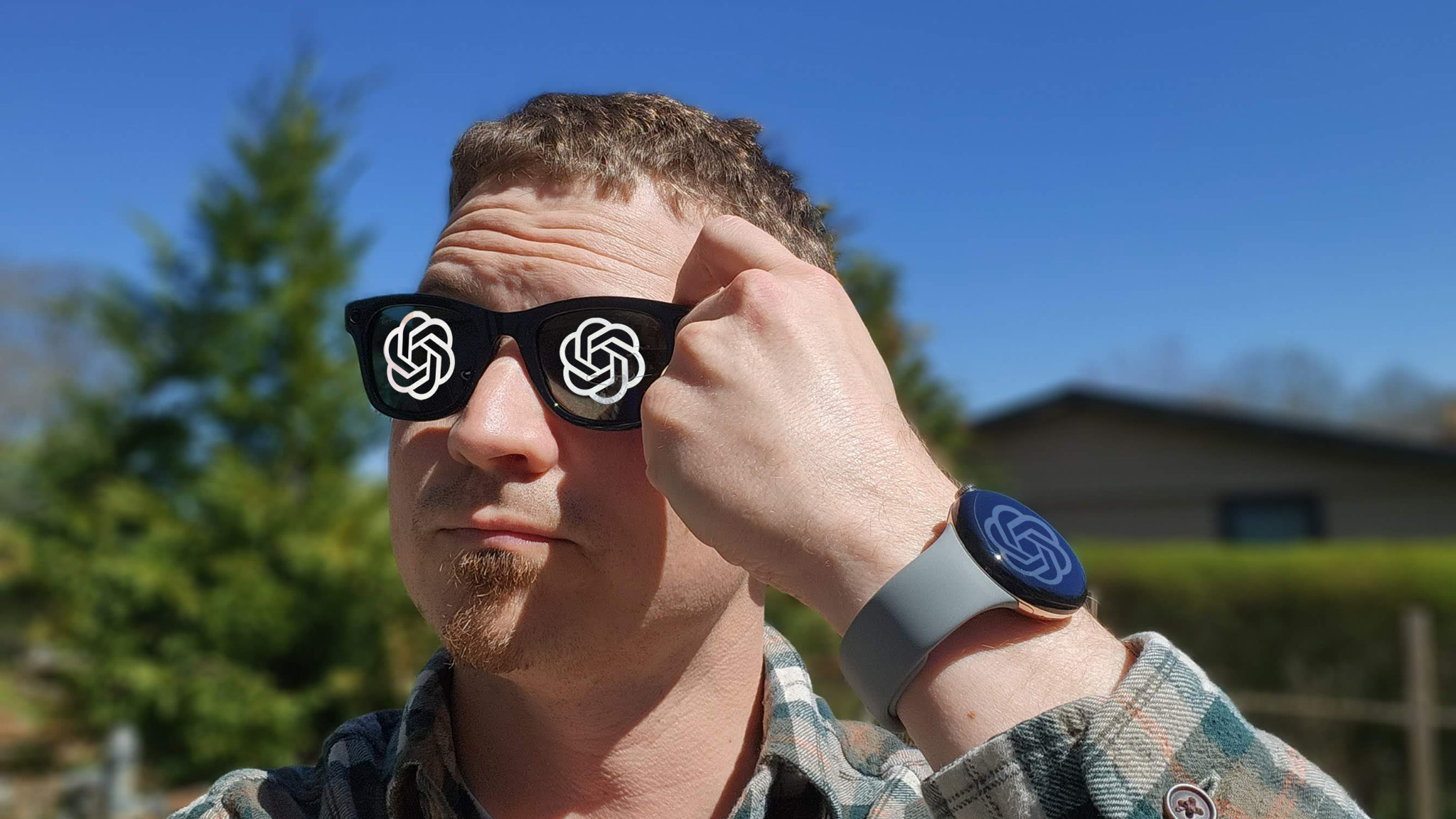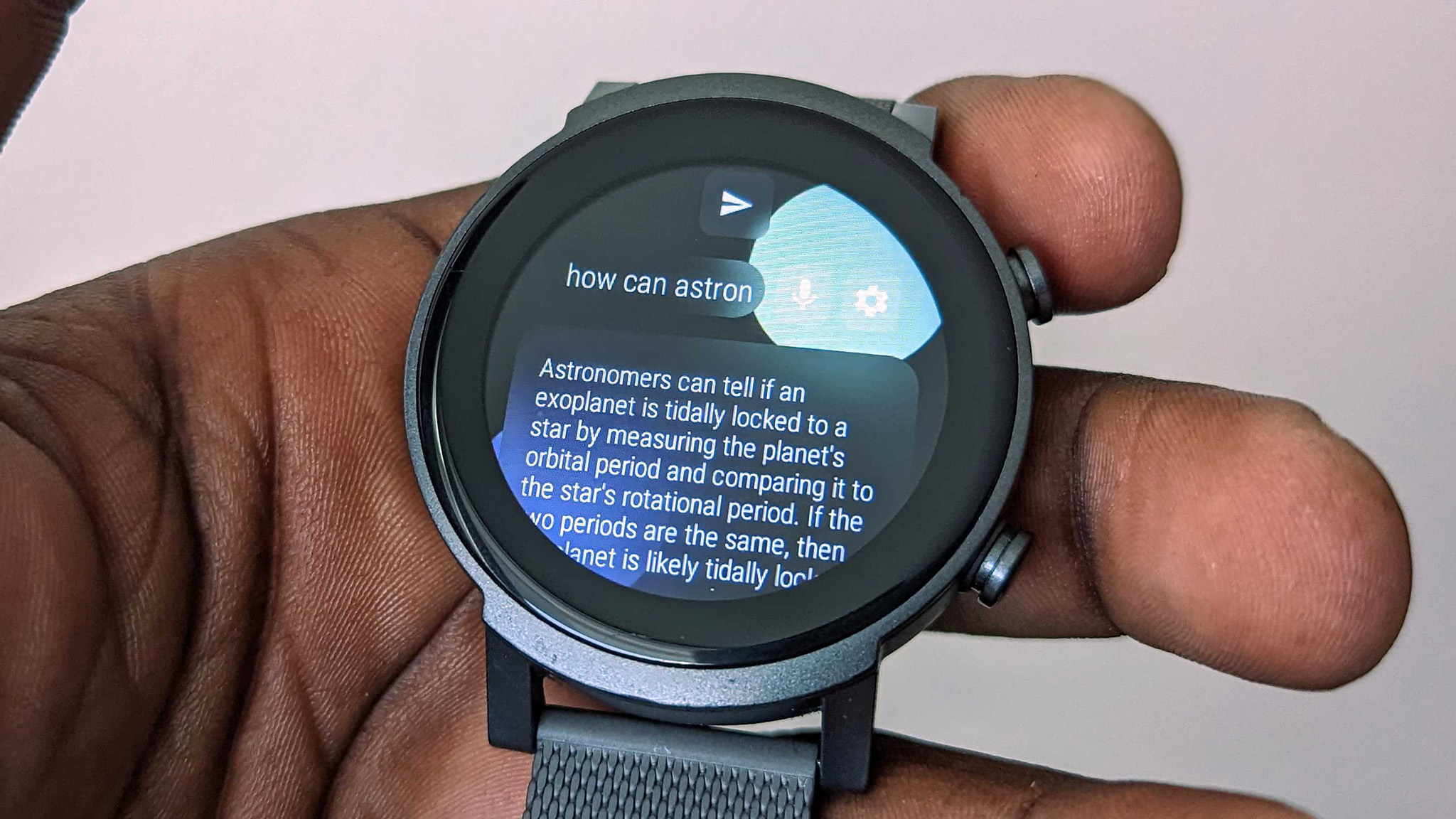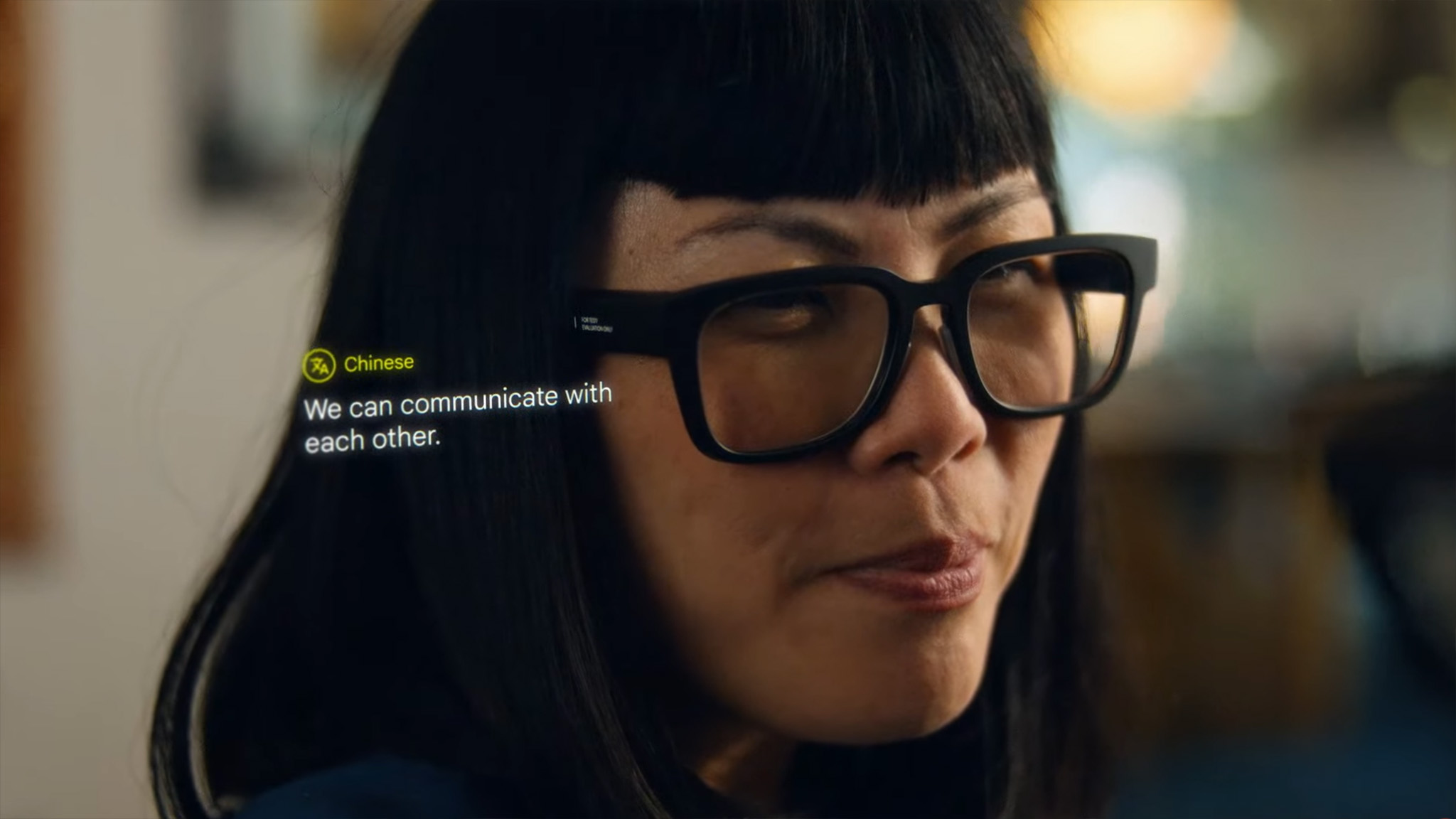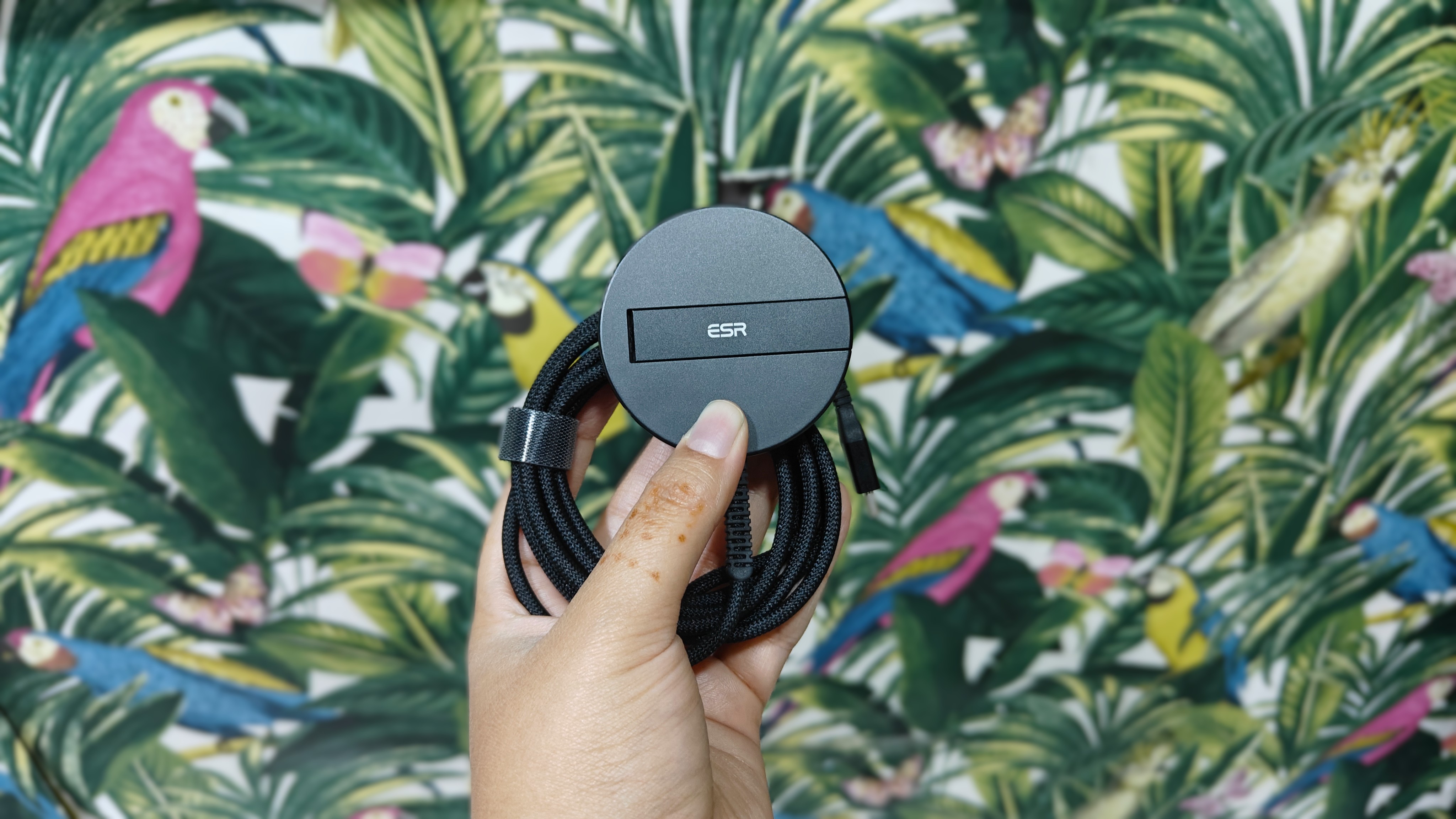ChatGPT is everywhere these days, but do we really need it?
Is it melting our brains, or are we better off as a species with it?

ChatGPT is the hottest term in tech since the smartphone started trending a decade and a half ago. It packages all the most interesting parts of consumer-facing AI technology into a friendly chatbot, able to answer seemingly every question you throw at it, make art, and even put together your next resume update.
But, as the question has likely been asked with every great technological shift in history, should we really embrace it and become further reliant on technology to run our lives? Do we really need ChatGPT on our smartwatch and is ChatGPT actually better than a Google search?
Obviously, as a technology-focused website, we're no strangers to new and immersive technology changing our lives in one way or another. But ChatGPT has the potential to automate even the most critical parts of our technology-driven lives right now and, with that, comes the loss of skills that so many people have developed over the years.
But it's not all bad.
The replacements

As a person with 15 years of professional IT experience behind me, I can tell you one type of work day I won't miss: outage days.
Whether it was a planned outage or something gone awry, an outage of IT infrastructure in the modern office is tantamount to pandemonium at the highest level. When the internet goes down, the entire company goes down. Work completely stops and people are left twiddling their thumbs until IT figured out what the heck went wrong.
I'll never forget the stress that came with this situation and the burning question I had in my mind: why can't we just write things on paper for a little while until the lights come back on? Can it be that hard?
Be an expert in 5 minutes
Get the latest news from Android Central, your trusted companion in the world of Android
In a nutshell, yes. It has become that hard and for one main reason: we're so overly dependent on technology that we simply cannot function without it.
You've probably also seen those goofy YouTube social tests that involve taking away a Gen Z'ers phone for a day (or longer). TLDR; they seldom know what to do with themselves. While this doesn't account for every single member of Gen Z, many folks in this particular generation have become entirely dependent on their favorite smartphone to carry on with every facet of life.
Similarly, the announcement of Microsoft Copilot for its Office suite of products now means you barely have to think when putting together your next resume update, the PowerPoint presentation for the next meeting, or even letting Cliff's Notes the meeting so you can happily sleep right through it.
Not to be outdone by Microsoft's willingness to inject AI into every product the company currently produces, Google also announced that its own Bard AI will be coming to Google Workspace to help companies automatically generate documents.
Soon, I expect people en masse to wonder why they are learning basic document writing skills simply because they can have an AI do all the work for them. It's not all that different from how calculators have made us a lot dumber now that we have one with us at all times — there's a reason restaurants put the suggested tip amount at the bottom of receipts now — but is that necessarily a bad thing?
Help me, please

I could go on with examples of how implementing AI in other products will kill jobs or continue to turn our society into Idiocracy, but I'll finish this off with something on the positive side, instead.
One of the coolest things ChatGPT — and other generative AI models — can do is "see" the world around them through the lens of computer vision. While this has been used so far to help people create works of art their own hands could never produce via AI like Midjourney and DALL-E, one example has ChatGPT literally looking through a lens at the real world, instead.
Envision has packed a Google Glass-like pair of smart glasses with a connection to ChatGPT, enabling a vision-impaired user to "read" a piece of paper in front of them. If you don't want to watch the video above, here's how it works.
After using the glasses' onboard scan feature, the user asks ChatGPT to create a summary of what it saw. The result feels like pure magic, with the AI delivering an "executive summary" that sounds like something a human secretary would have put together after a meeting.
I don't think I need to spend too much time describing the monumental quality of life change blind or vision-impaired users can experience with a product that can do this. It's incredible, and it's only possible in a world where AI like ChatGPT is ingrained in most software platforms.
More or less, I imagine it's a lot like what we saw at Google I/O last year when Google announced a new AR glasses concept with translate baked right in. There are a lot of possibilities and almost all of them aren't just cool, they're also positive changes for human beings as a whole.
So while we can worry about job losses caused by further automation across a plethora of industries and skills, I still try to choose to look at the silver lining. Maybe this will turn society more into Star Trek than Terminator. I can hope, at least.

